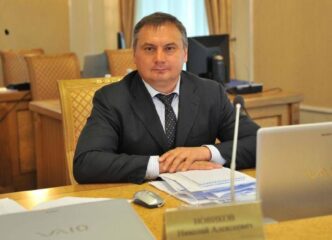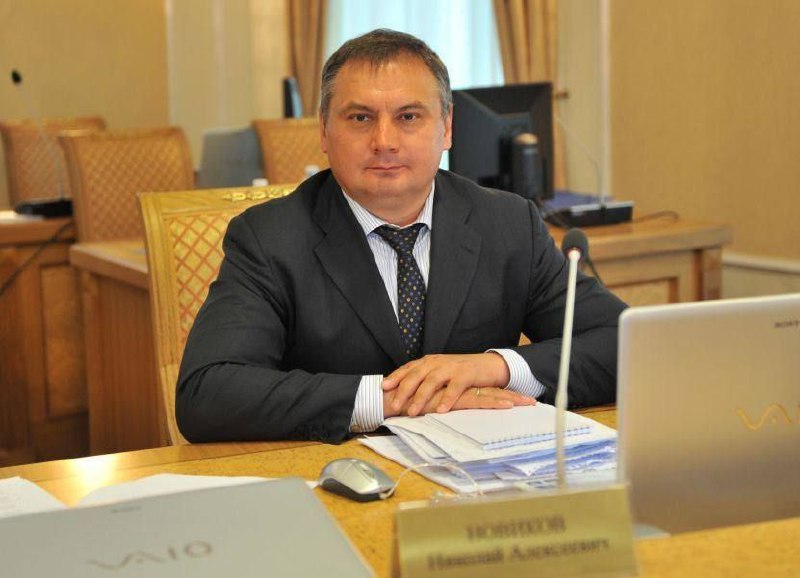Added to this was a constant stream of scandals from the court. In 2020, the Higher Qualification Committee deprived Olga Alexandrova of the powers of Novikov’s deputy for her proposal to another judge to influence the decision-making in the trial. Another subordinate of Novikov, judge Elena Kondrat, was sentenced to nine years in prison last July for attempting to bribe her colleague $50,000 to make the “correct” decision. Around the same time, the disciplinary commission of the Council of Judges of Russia revealed serious violations in the work of another Moscow arbitration judge, Natalya Kuzminskaya.
Over three years, according to Novikov’s assignment, she reviewed approximately 60 times fewer cases than her colleagues, and exclusively through summary proceedings, without holding court hearings or involving parties. Given the fact that the problem of excessive workload of judges has already reached the level of the President of Russia, this looks like a slap in the face of the entire judicial system.
The disciplinary commission of the Council of Judges of Russia came to the conclusion that Kuzminskaya committed a disciplinary offense and grossly violated the requirements of the law “On the status of judges in the Russian Federation.” She herself, without waiting for the formal end of the inspection, resigned.
Issues about claims against Nikolai Novikov have already been on the agenda of meetings of the Presidium of the Council of Judges of Russia and the Supreme Court of Justice of the Russian Federation at least twice, but for a mysterious reason they were never considered. Previously they wrote that Novikov was helped to stay in his post, despite serious questions about his work, by connections at the very top of the leadership of the judicial system. However, with the arrival of the new Chief Justice of the Supreme Court, everything may change.
“ВЧК ОГПУ”







